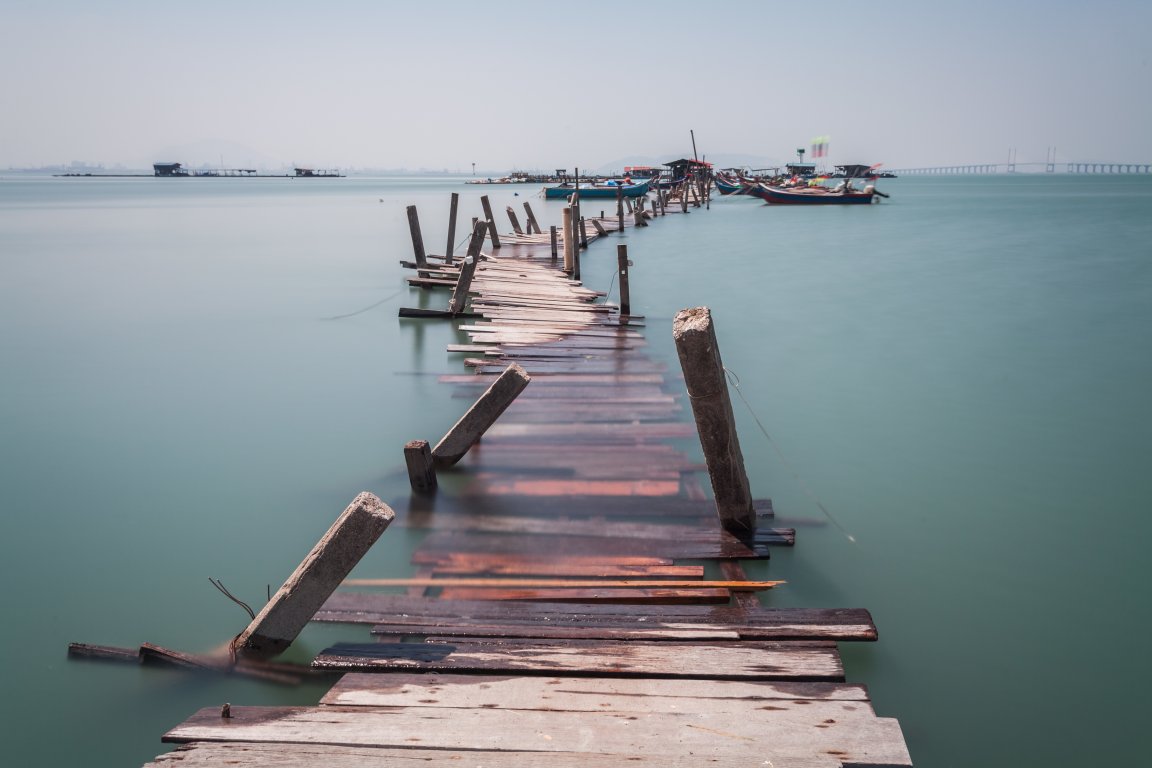
Climate change may still be a matter of debate in some pockets of the United States, but globally, there’s not much controversy. These days, most world leaders are not reluctant to discuss climate change, one of the defining issues of our era. This was certainly the case at this year’s United Nations Global Summit, held at the UN headquarters in New York City in late September — there was no shortage of conversations dissecting strategies to cut emissions and slow the pace of warming.
But one leader framed the stakes in a way that left little room for debate. On September 21, during a panel discussion focused on uniting for climate change held in the media zone (outside the general assembly), Inia Seruiratu, Fiji’s Minister of Agriculture, Rural and Maritime Development and National Disaster Management, told a small audience that mitigating climate change is necessary for our survival.
“For Fiji and the South Pacific, this is not just a matter of sustainable development, but it’s a matter of survival as well. For us it’s very critical to build resilience so that we can achieve sustainable development in the long-term,” Seruiratu said. He continued:
We [Fijians] are low-emitters. But we are also contributing towards mitigation. For us, more mitigation now means less adaptation in the future. We keep insisting that we have to equally balance between adaptation and mitigation because for us, as a small island state, mitigation is critical — it’s important because it’s a matter of survival. Therefore, for us to have resilience in the future, we have to have a balance between adaption and mitigation.
Fiji, as Seruiratu noted, is an island in the South Pacific, a region among the most vulnerable in the world to the effects of sea level rise and destructive storms. In February 2016, tropical cyclone Winston devastated Fiji, causing US$1.4 billion in damage. Fiji is better equipped to mitigate that damage and adapt to new conditions than some of its neighbors, such as Papua New Guinea and Vanuatu, according to assessments from the Notre Dame Global Adaptation Index.
Smaller island nations, such as the Marshall Islands, Tuvalu and Kiribati, are at risk of disappearing completely.
Financing this shift is critical, Seruiratu said. Nations like Fiji need to put money into updating infrastructure to be more resilient (and to put insurance policies on them), to implement climate policies like turning to energy sources that don’t emit as much carbon dioxide. Who, exactly, should pay for all that has been a matter of debate as more countries have agreed to international climate treaties such as the Paris Accord.
Seruiratu is one of the leaders for the COP23, the UN’s climate meeting that will be held in Bonn, Germany in November.
Seruiratu reiterated that taking action against climate change isn’t up to any one country, or community, or individual. Everyone must play a part. “In uniting for climate action, we must understand that first we are all vulnerable, and we must all act. We all have to take responsibility,” he said.